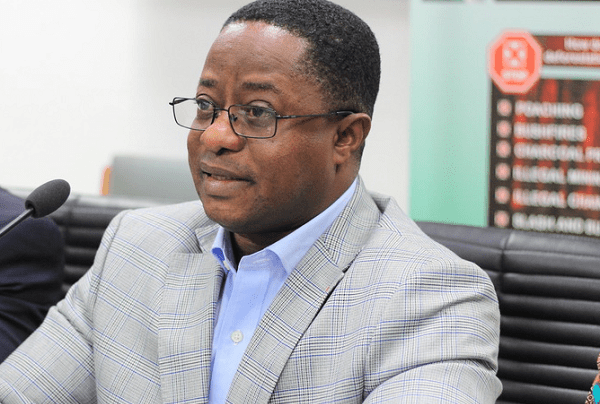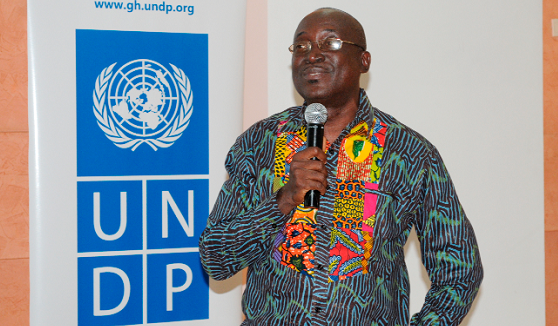The Director of Renewable Energy, Energy Efficiency and Climate Change at the Energy Commission, Kofi Agyarko says, investments in new energy-efficient domestic cooling technologies generate important cost savings for households and micro-entrepreneurs, because it allows them to recover their investment in a reasonable period of time, while also easing the strain on the electricity grid and reducing carbon emissions.
Speaking at the launch of the ECOWAS Refrigerators and Air Conditioners Initiative (ECOFRIDGES) in Accra, he said the money saved on energy could be used to cover other household needs, reduce energy demand, and thereby support more sustainable growth in Ghana’s economy.
Mr Agyarko said, in order to scale up the adoption of energy-efficient appliances, investments must be suitably enhanced with effective market-based solutions, such as a financial strategy that overcomes the technical, financial, institutional, legal, and social barriers that are hindering the residential and light commercial sectors to invest in new energy-efficient cooling systems.
In a speech read on his behalf, the Minister of Energy, John Peter Amewu said, energy efficiency is a special instrument in the power supply arrangement and therefore the populace is needed to reduce the load on the country’s infrastructure.

He said as population grows, demand for energy increases and the government has to make investment to supply for the needs of the populace and industry.
“You know, as the economy of the country improves, as there is more money in the pockets of the people; there is the desire to invest in more electrical appliances. Everybody would like to use an air conditioner, everybody would like to have a refrigerator, but, sometimes, there is a challenge: the challenge of raising the initial capital cost to acquire these and some cases, there is another challenge of paying electricity bills.”
He maintained that the ECOFRIDGES project is so attractive that, it would support many Ghanaians to acquire energy efficient fridges and air conditioners at zero rate of interests from partner banks across Ghana.
“Through the help of the United Nations Development Program (UNDP), Ghana undertook the collection of old refrigerators and replaced them with new ones. Ten thousand old fridges were replaced. This strategy saved Ghana a total of 40 percent of the annual output of Bui Power Plant, estimated to be 400 MWh.”
With the ECOFRIDGES project, Mr. Kofi Agyarko said, the Energy Commission has partnered some Banks who will give interest-free loans to people to purchase energy-efficient fridges and air conditioners from selected outlets.
He said it took 12 months to research, make it sustainable and financially viable for consumers to acquire energy efficient and climate friendly ACs and refrigerator appliances and the project, he noted, brings financial institutions and vendors together to provide flexible payment terms for workers.
Touching on its benefits, Mr. Amewu opined that it would help the Government of Ghana, households, businesses and principally, the environment.
To operationalise it, he said a committee, chaired by the Energy Commission, has been put in place and its membership include the Ministry of Energy, the Environmental Protection Agency (EPA), the Ghana Standards Authority (GSA) and the Private Enterprise Federation (PEF).
ECOFRIDGES aims at accelerating the adoption of energy-efficiency and climate-friendliness in domestic refrigerators and room air conditioners, saving consumers money on their electricity bills, relieving demand on the power sector, and mitigating impacts on the environment.
ECOFRIDGES is a joint project by the Governments of Ghana and Senegal, the United Nations Environment Programme’s United for Efficiency (UNEP U4E) initiative and the Basel Agency for Sustainable Energy (BASE).




















